Protect, restore and promote sustainable use of terrestrial ecosystems, sustainably manage forests, combat desertification, halt and reverse land degradation, and halt biodiversity loss.
SDG15 deals with issues related to the conservation, restoration, and sustainable use of terrestrial ecosystems, taking action to reduce the degradation of natural habits and halting the loss of biodiversity, reducing the impact of invasive species on land and water ecosystems, and much more. At Lynn University, these efforts take a variety of forms from conservation education for students and dedicated programming on sustainability to the physical preservation of over 40 species of plants on campus.
This report is organized into three sections:
Institutional Initiatives: Refers to ongoing initiatives at the institution that are currently active, occur every year, and relate to SDG15. Wherever possible, statistics are provided to show the impact of this work.
Events/News: Refers to single events or news that occurred during the reporting year of AY21-22 relating to SDG15. These are not recurring, and as such are not part of the long-term initiatives.
Courses: Refers to all the courses in the university’s academic catalogue for the reporting year of AY21-22 that deal with issues related to SDG15.
Goal 15

Institutional Initiatives
ENV Wildlife Conservation
Students in the environmental science and policy major learn about wildlife conservation as part of their core curriculum. The course ENV 330 focuses on the examination of conservation issues facing various species and an assessment of possible solutions. The course looks at both successful and unsuccessful conservation strategies in local, regional, and global contexts and appraises current initiatives to predict the success or failure of these projects. Dynamics to be considered include habitat loss due to human encroachment, biodiversity, contamination, and the impact of climate change. Students choose a predicament presently facing a species and draw up their own conservation strategy to confront the issue.
Sustainability Day
Lynn University’s Sustainability Day has been an ongoing initiative since 2012, focusing the institution’s efforts on projects such as clean-ups, trash sorting, butterfly garden beautification, and more. Students learn the importance of cleaning the land, as well as the detrimental effects of pollution to people, animals, plants, and the planet.
Benjamin Olewine III Nature Preserve
Lynn University is home to the Benjamin Olewine III Nature Preserve, a 11.59-acre plot of Florida scrub habitat that is home to seven animals and 40 plants on the rare, threatened, or endangered species lists. The preserve is part of the campus and is often used by the environmental science faculty and staff for educational purposes. Students in the Citizenship Project courses also help maintain the preserve as part of their sustainability work.
By educating students on conversation, engaging in sustainability projects, and preserving land on campus, Lynn University helps further stager 15.1 of SDG15, which focuses on ensuring the conservation, restoration, and sustainable use of terrestrial and inland freshwater ecosystems and their services.
